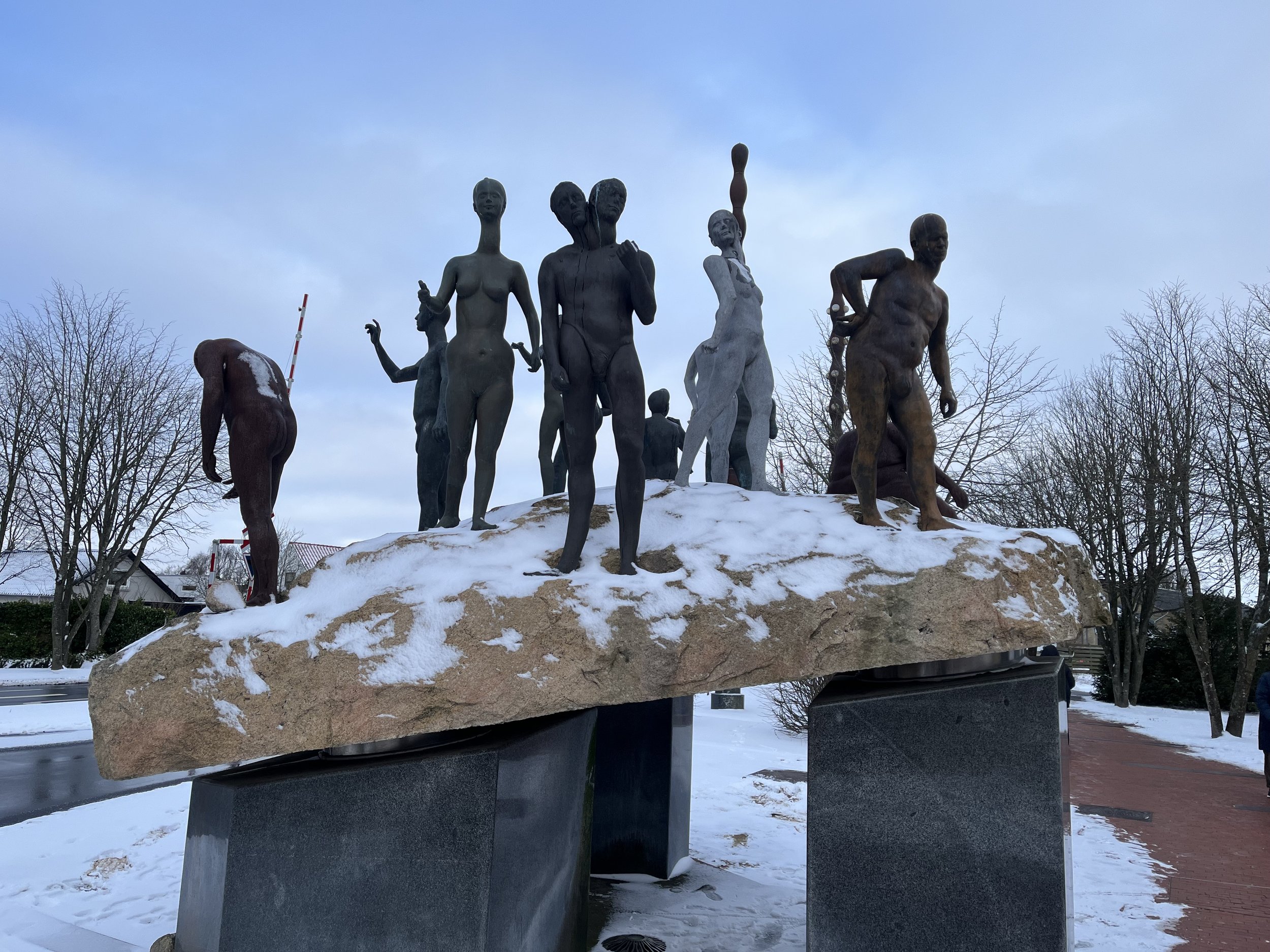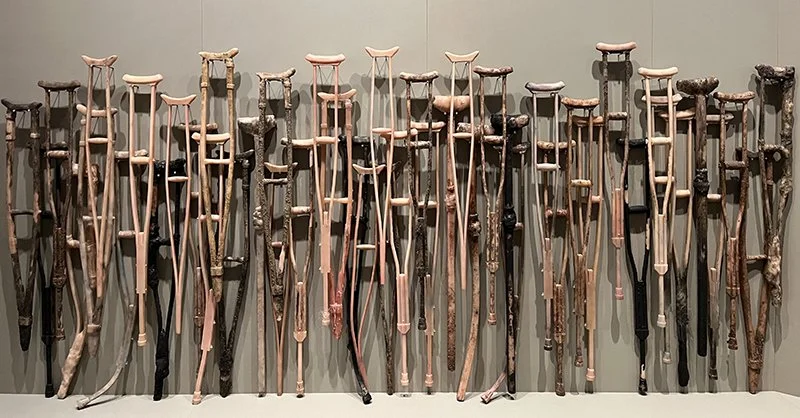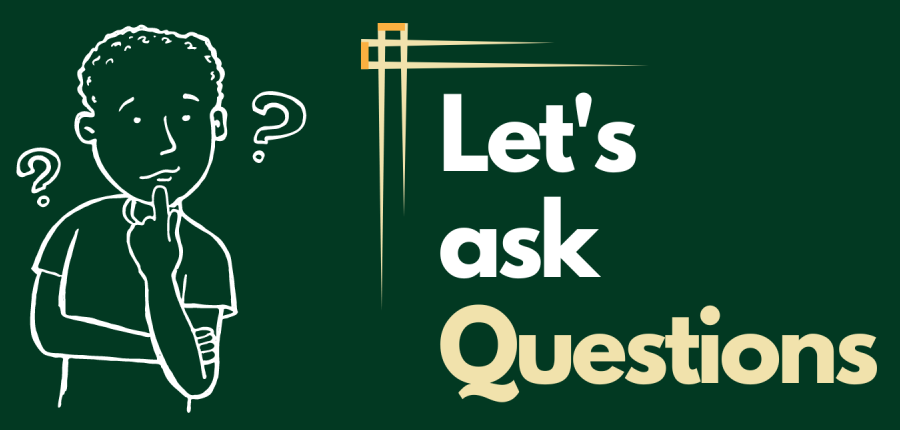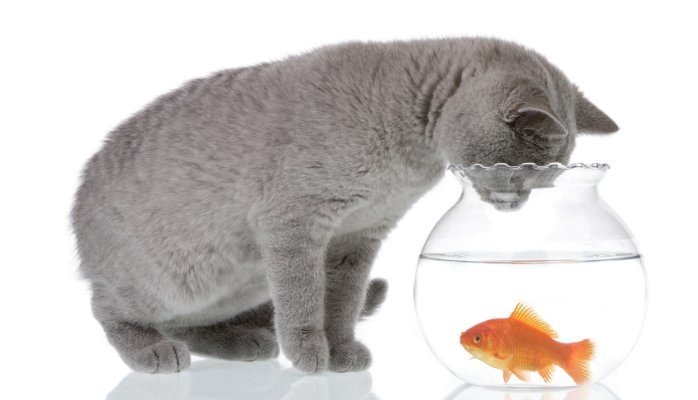When you are in a leadership position, even suggestions can be experienced as orders because power shapes how messages are received. Ultimately, decisions are made by those who hold the authority to make them, which brings responsibility, not entitlement. I think leadership is not about proving how smart, right, or impressive you are, but about using your position to make a positive difference. This requires humility and curiosity rather than the pretence of having all the answers. Trying to be something you are not erodes trust. Empathy also needs discernment: while it is often essential, applied without judgment it can sometimes hinder clarity and accountability.
“The one who fetches the water does not forget the path.” ”





















